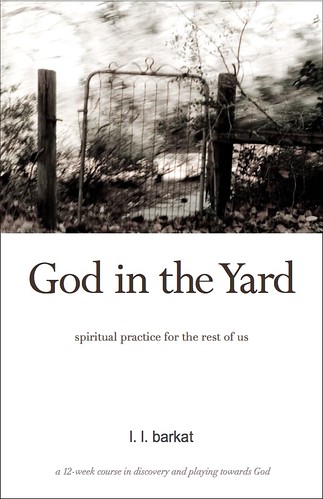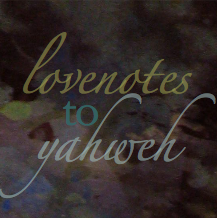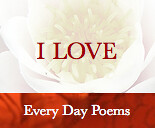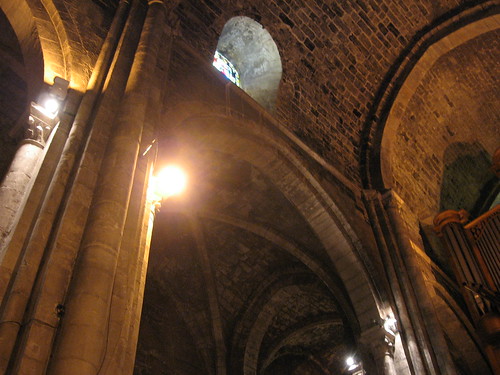The Age-Old Struggle
Our most popular films and books today still probe this dynamic. The good guys and the bad guys are the stuff of action, conflict, and triumph.
Some people believe this has arisen mostly from humanity's struggle with forces of nature. And, needing a way to articulate this struggle and feel some sense of meaning within it, we have turned to myths and spiritual stories.
There is some truth to that.
But there is another truth put forward by the bible: the physical is an extension of the spiritual. The "battles" we experience within the world and ourselves are rooted in another dimension.
This is the subject of chapter 8 of Sanctuary of the Soul.
The other day my daughter and I watched a TED talk about the universe. Even the physicist who presented it admitted he could not completely wrap his mind around what I would call the eternal nature of matter and dark matter. Even the universe presents us a mystery and a drama and a wondering: will there be a happily ever after? who controls this, if anyone?
Watching the talk, I suddenly felt how small I am and how large is the mind of God. If Satan is simply an angel, he too is small in comparison. Perhaps this is all we need remember. This, and the practice of seeking the Mind that rules not just this world but all that is beyond it and beyond and within time.
As Foster notes, we might be tempted to consult lesser things, and these might bind us: witchcraft, astrology, tarot, palmistry, spirit guides, Ouija boards. They might give us the illusion that we control our share of the world and the universe.
Why live in that place? When we can live in the Eternal, through the connection of Christ and his Spirit?
Labels: Richard Foster, Sanctuary of the Soul, spiritual practice















